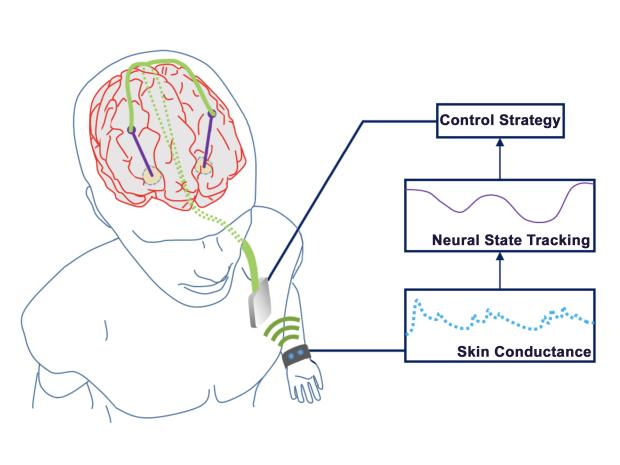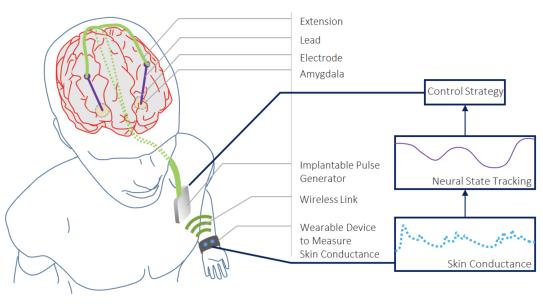Smartwatch-Brain Interface Architectures

Speaker:
Rose Faghih, PhD
Associate Professor, Department of Biomedical Engineering
NYU Tandon School of Engineering
Abstract:
Smartwatches and wrist-worn wearable devices provide rich sets of pulsatile physiological data under various modalities and circumstances. An unexploited capability is that the pulsatile physiological time series collected by wrist-worn wearable devices can be used for recovering internal brain dynamics. Two design classes of closed-loop wearable brain-machine interface architectures related to cognitive stress for tracking arousal and fatigue states are presented. The methods are validated by analyzing experimental electrodermal activity and cortisol data as well as simulation studies in the context of cognitive-stress-related arousal and fatigue. Results demonstrate a promising approach for tracking and regulating neurocognitive stress through wearable devices. Since smartwatches can be used conveniently in one's daily life, smartwatch-brain interface architectures have a great potential to monitor and regulate one's neurocognitive stress seamlessly in real-world situations.
Prior to joining NYU in January 2022, Rose T. Faghih was an assistant professor of Electrical and Computer Engineering at the University of Houston. She received a bachelor’s degree Electrical Engineering from the University of Maryland, and S.M. and Ph.D. degrees in Electrical Engineering and Computer Science with a minor in Mathematics from MIT. She completed her postdoctoral training at the Department of Brain and Cognitive Sciences and the Picower Institute for Learning and Memory at MIT as well as the Department of Anesthesia, Critical Care and Pain Medicine at the Massachusetts General Hospital. Dr. Faghih is the recipient of various awards including an MIT Technology Review 2020 Innovator Under 35 award, a 2020 National Science Foundation CAREER Award and a 2020 Research Excellence Award, among others.


